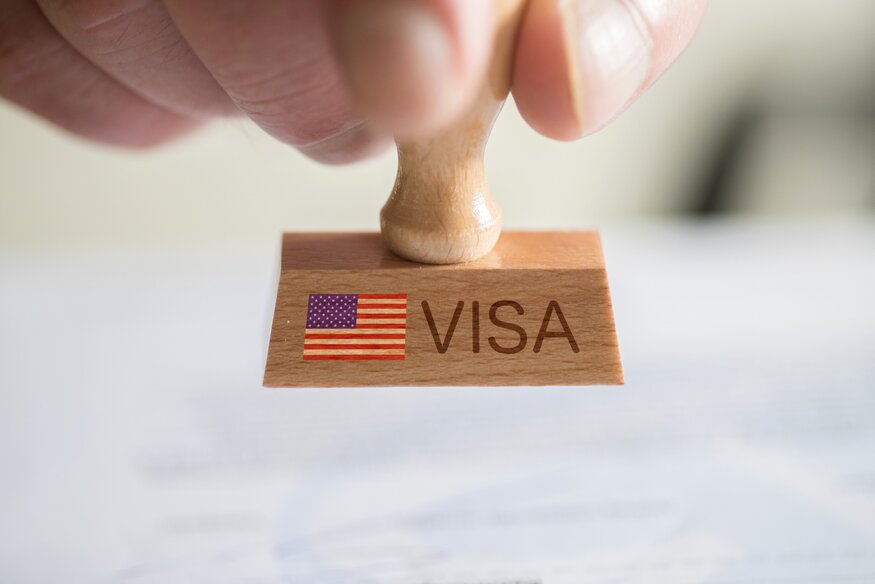Dealing with the H-1B program to hire high-skilled foreign workers is a very special kind of torture. The system that has never resembled perfection seems to be fraught with new and interesting challenges every year.
Since the current online registration process started in 2020, submissions have far surpassed the cap, leading to a lottery to choose who will be allowed to submit a full petition for a visa. Registrations to become one of the lucky 85,000 H-1B visa holders jumped from 269,424 in 2021 to more than 483,000 in 2022, and a whopping 758,994 this year. “If the trend continues, registrations could reach 1 million in 2024, reports TechTarget’s Patrick Thibodeau.
“In years past, an employer sponsoring someone for an H-1B visa might have had a 30% to 50% chance of winning one of the 85,000 H-1B visas issued annually. But this year, chances dipped to 15% because of record H-1B visa registrations submitted,” Thibodeau explains.
There’s talk that big tech layoffs could open valuable spots, but many experts say it won’t make as significant a difference as you’d expect. That’s mainly because it’s not necessarily big tech that’s been inflating demand lately. U.S. Citizen and Immigration Services (USCIS), which runs the H-1B program, claims it’s found that just a handful of small technology companies (several dozen at most) are to blame for the boom in applications. How? By entering the same applicants into the lottery multiple times “with the alleged goal of artificially boosting their chances of winning a visa,” reports the Wall Street Journal. “A large proportion of the duplicate entries, the immigration agency says, were submitted by a handful of the same companies. Some 96,000 people submitted multiple visa entries, for a total of about 408,000 entries.”
The agency hasn’t ruled out—and claims it’s already begun—denying or revoking the petitions of those they find to have gamed the system—even referring individuals or the entities who submitted them to federal law enforcement. Being submitted multiple times in itself isn’t illegal—it can happen when an applicant receives several job offers, for instance. But doing it to “unfairly increase chances of selection” can be – and that’s what the USCIS is trying to filter out.
The National Law Review indicates that this could lead to a second-chance lottery for the 2024 H-1B program term, but USCIS hasn’t indicated such. This year’s lottery recipients have been selected despite USCIS acknowledging the problem. USCIS has said, “We are working on an upcoming H-1B modernization rule that will propose, among other improvements, bolstering the H-1B registration process to reduce the possibility of misuse and fraud in the H-1B registration system.”
In Forbes, Immigration Attorney Andy J. Semotiuk explains other complications with the H-1B program that are preventing many employers from being able to participate. He also suggests alternative avenues, including different types of visas and other special workarounds. Another opportunity is to hire H-1B holders who have been recently laid off—most have only 60 days to find new work or risk being deported.
There’s another complication for those who use the H-1B program: a drop in international student enrollment in U.S. colleges and universities.
“The US has long been the top destination for international students…[but] a steep drop in international enrollment in recent years, however, spells new challenges for the country to maintain a pipeline of foreign talent that’s likely to become even more critical to employers,” says Bloomberg Law’s Andrew Kreighbaum, He points to a recent Envoy survey of HR professionals who said they expect to increasingly rely on the U.S. schools to secure foreign talent despite the shrinking talent pool there.
If your recruiting is affected by these H-1B program factors, talk to your recruiter about possible alternatives, including strategies to strengthen other job candidate pipelines.




